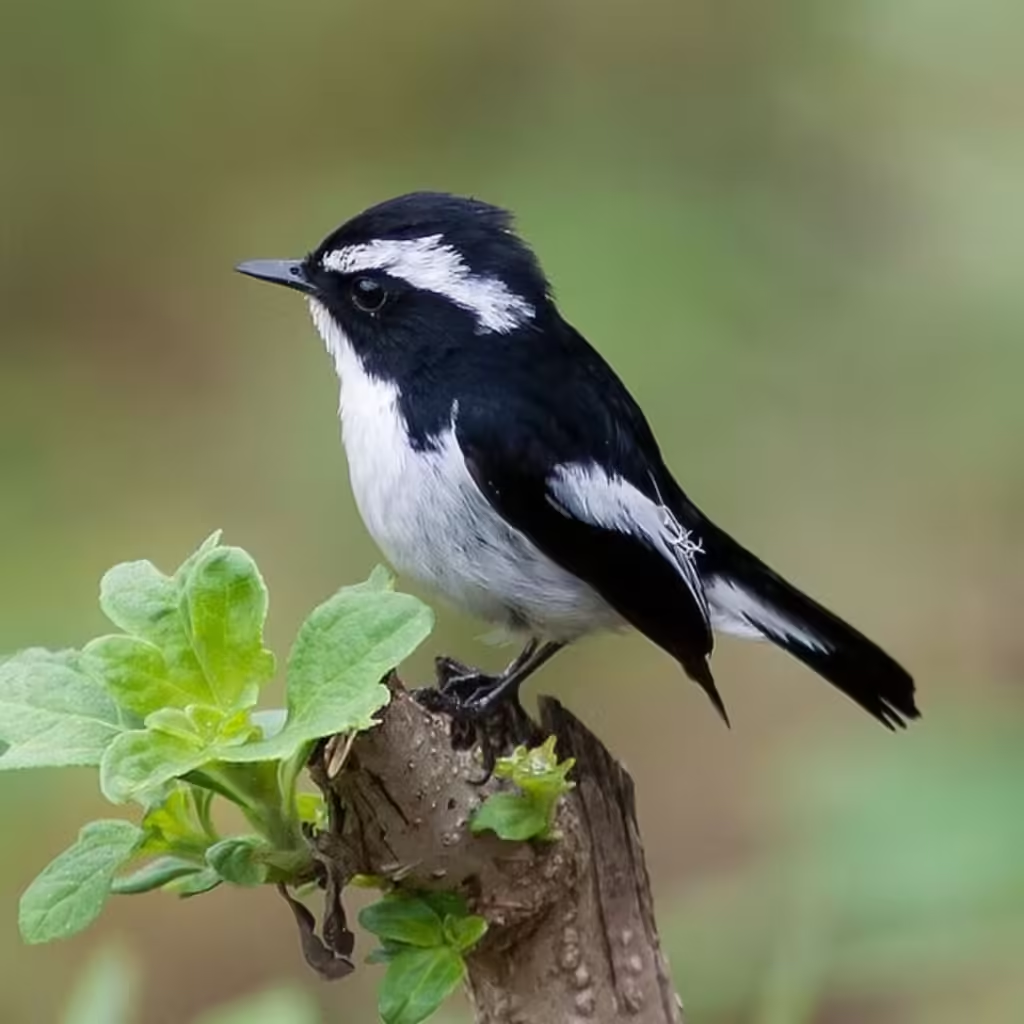
When we look at sky at night, we often wonder about the creatures that inhabit the darkness. One question that often comes to our mind is, “Do birds see at night?” The answer isn’t as simple as a yes or no. Let’s dive into the fascinating world of avian vision and discover how different birds navigate the nighttime hours.
Also Read: Is Banana Safe For Parrots?
The Basics of Bird Vision
Before we explore night vision in birds, it’s important to understand how bird eyes work:
1. Eye structure: Birds have large eyes relative to their head size, allowing more light to enter.
2. Retina composition: Like humans, birds have both rod and cone cells in their retinas. Rods are responsible for low-light vision, while cones handle color vision and detail.
3. Color perception: Many birds can see a wider range of colors than humans, including ultraviolet light.
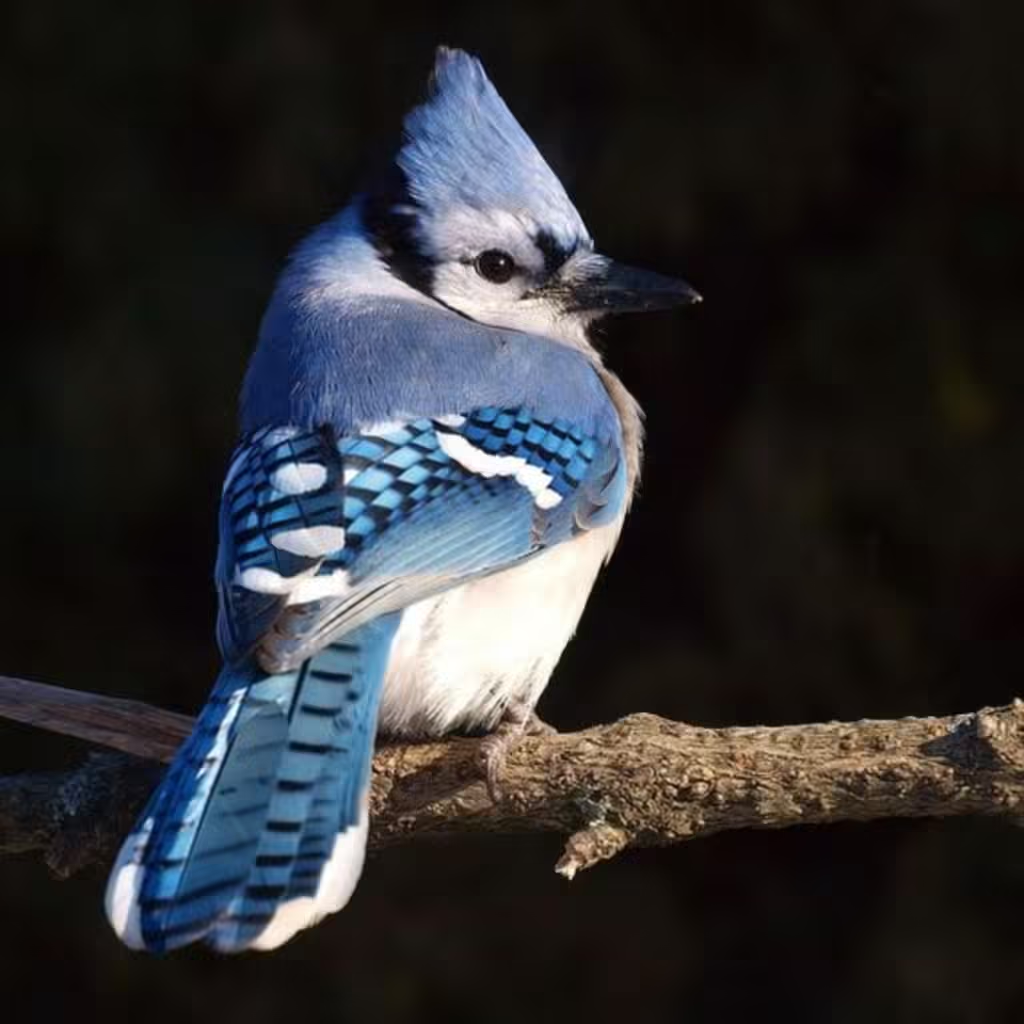
Diurnal vs. Nocturnal Birds
Birds can be broadly categorized into two groups based on their active hours:
1. Diurnal birds: Active during the day (e.g., robins, sparrows, eagles)
2. Nocturnal birds: Active at night (e.g., owls, nightjars, kiwis)
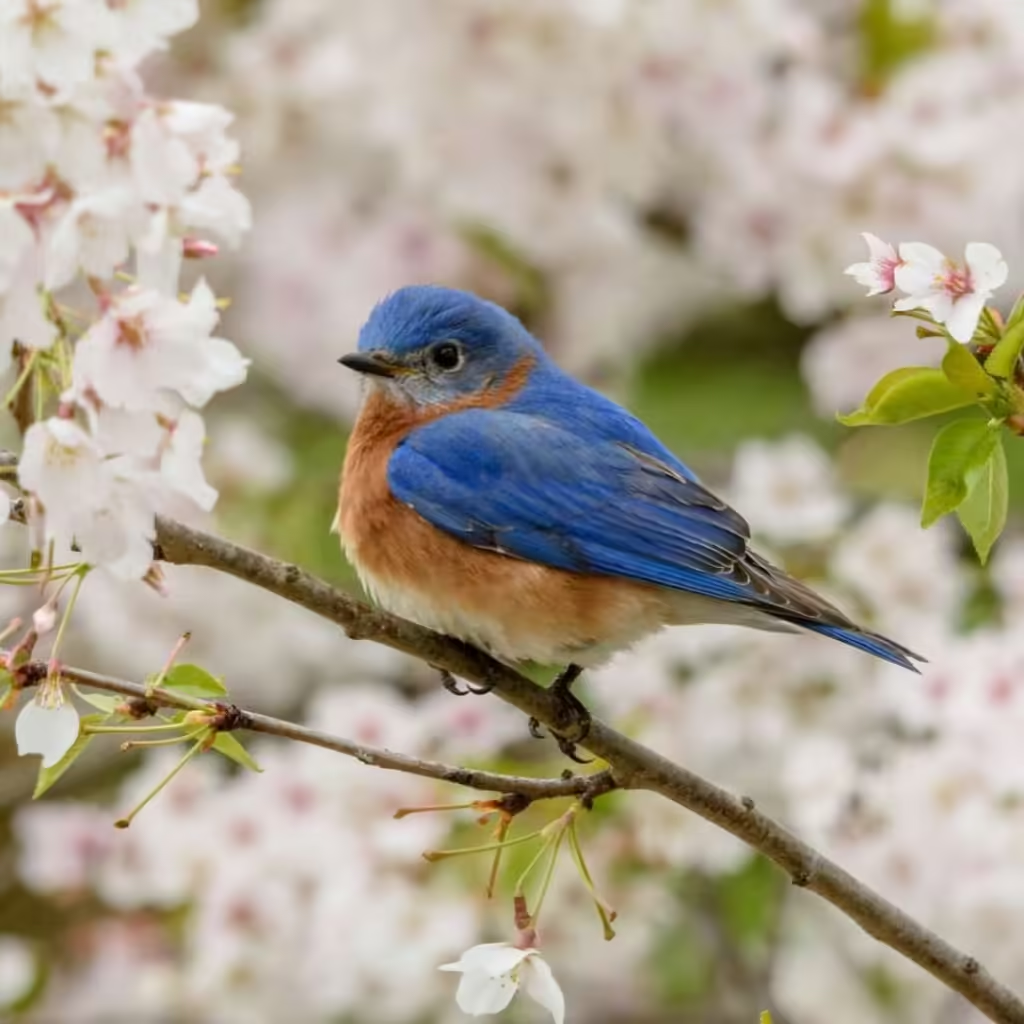
Do Diurnal Birds See at Night?
Most diurnal birds have limited night vision:
1. Reduced activity: They typically roost and sleep during the night.
2. Some visual ability: They can see to some extent in low light conditions, such as dawn and dusk.
3. Moon and starlight: On bright nights, some diurnal birds may be more active.
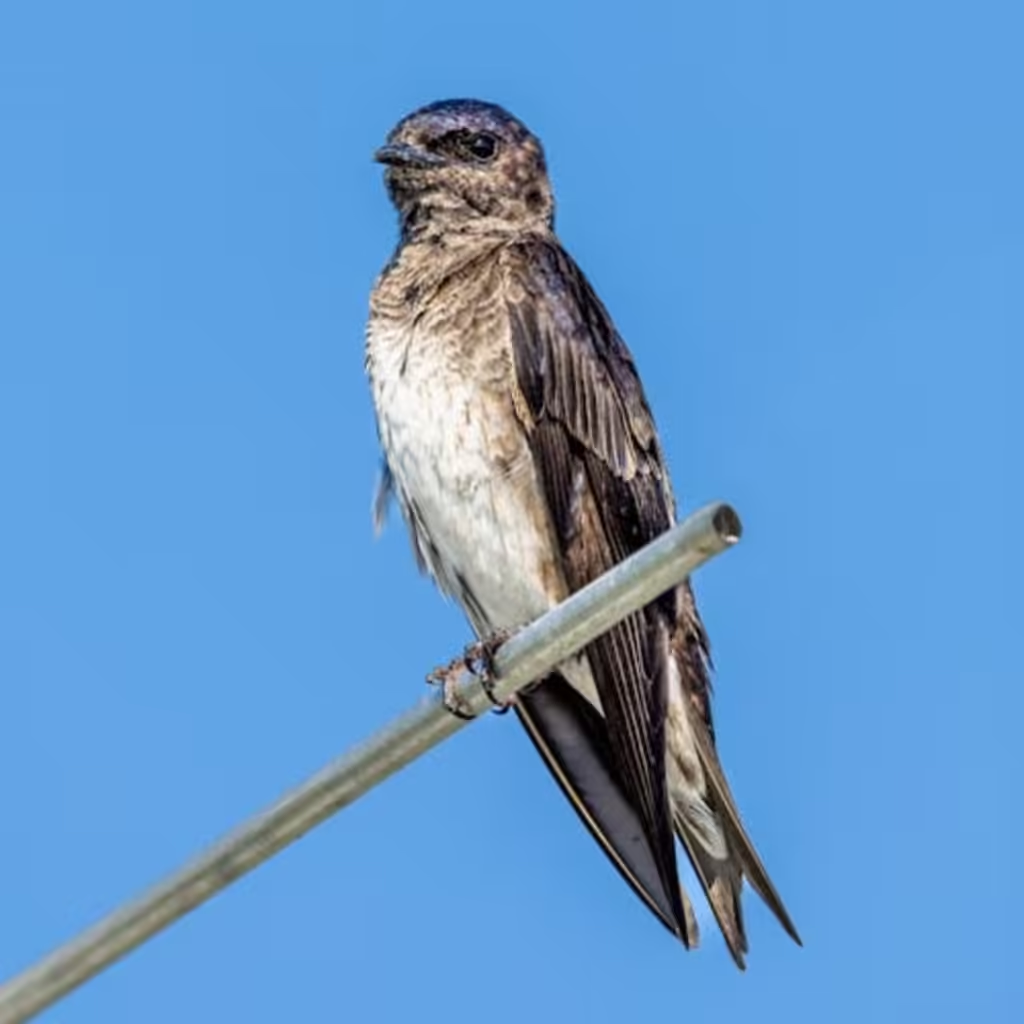
Nocturnal Birds: Masters of Night Vision
Nocturnal birds have evolved specialized adaptations for seeing in the dark:
1. Larger eyes: Owls, for example, have enormous eyes that gather more light.
2. More rod cells: Their retinas contain a higher proportion of rod cells, enhancing low-light vision.
3. Reflective layer: Many nocturnal birds have a reflective layer called the tapetum lucidum behind their retina, which reflects light back through the retina for a second chance at absorption.
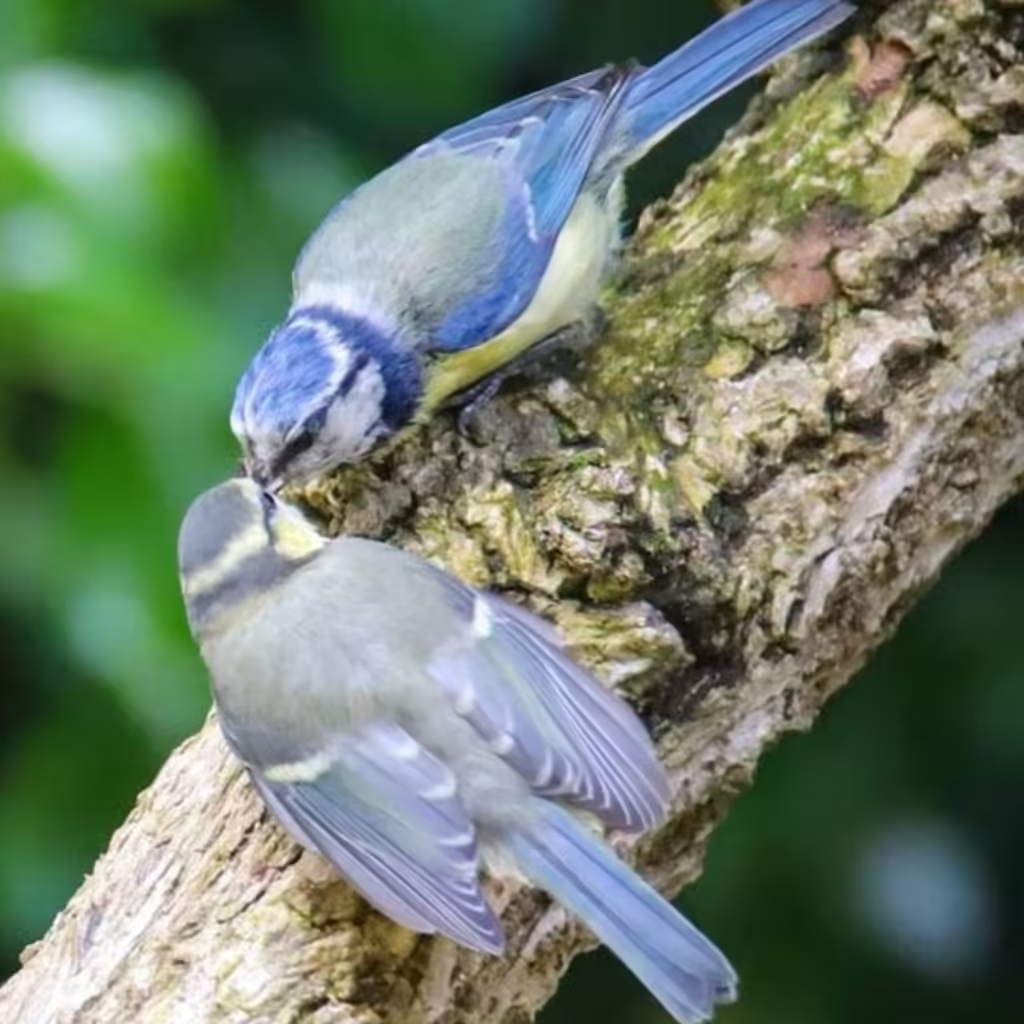
How Well Do Nocturnal Birds See at Night?
While nocturnal birds have excellent night vision, it’s not quite like “night vision goggles”:
1. Light requirement: They still need some amount of light to see.
2. Monochromatic vision: Night vision is mostly in shades of gray rather than color.
3. Motion detection: They’re particularly good at detecting movement in low light.
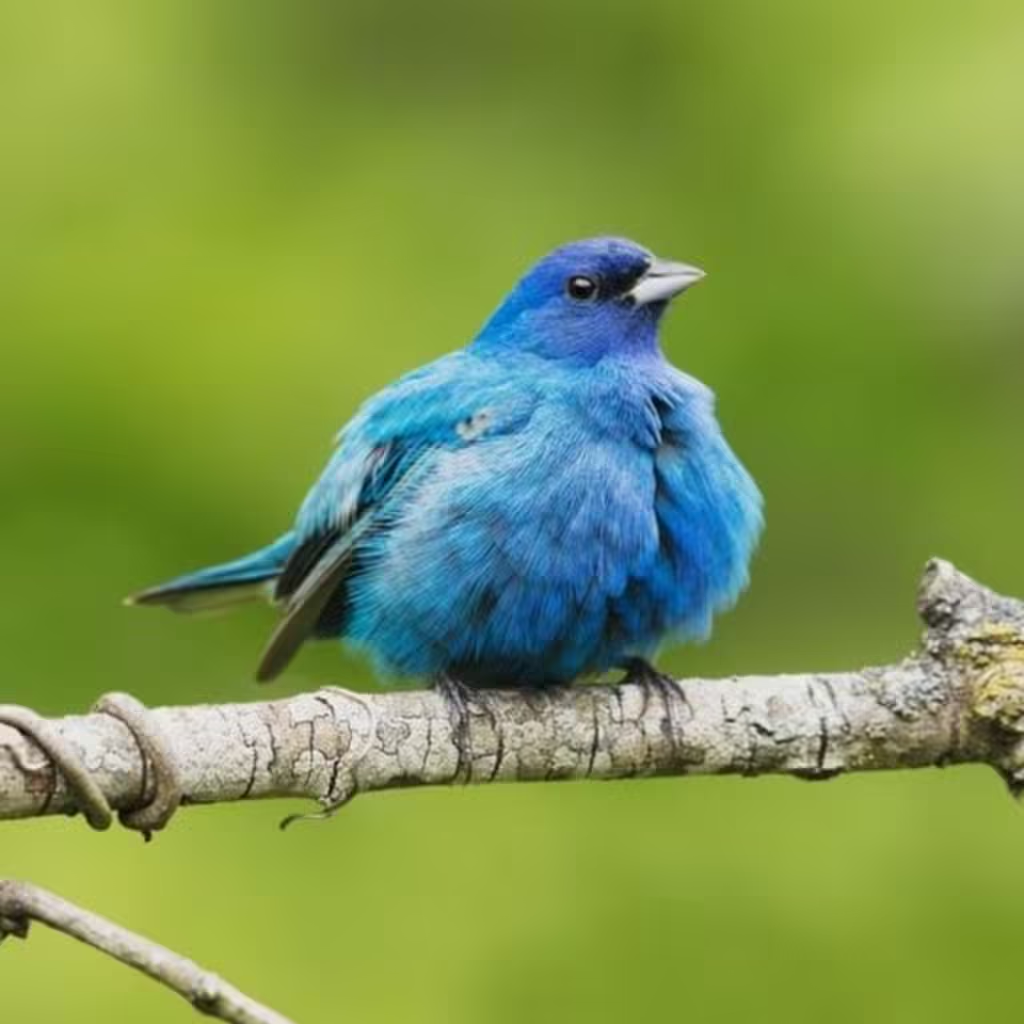
Other Senses that Aid Night Navigation
Birds don’t rely solely on vision for nighttime activities:
1. Hearing: Many nocturnal birds, like owls, have exceptional hearing that helps them locate prey.
2. Touch: Some birds, like kiwis, have sensitive bill tips that help them find food in the dark.
3. Smell: Certain seabirds use their sense of smell to navigate and find food at night.
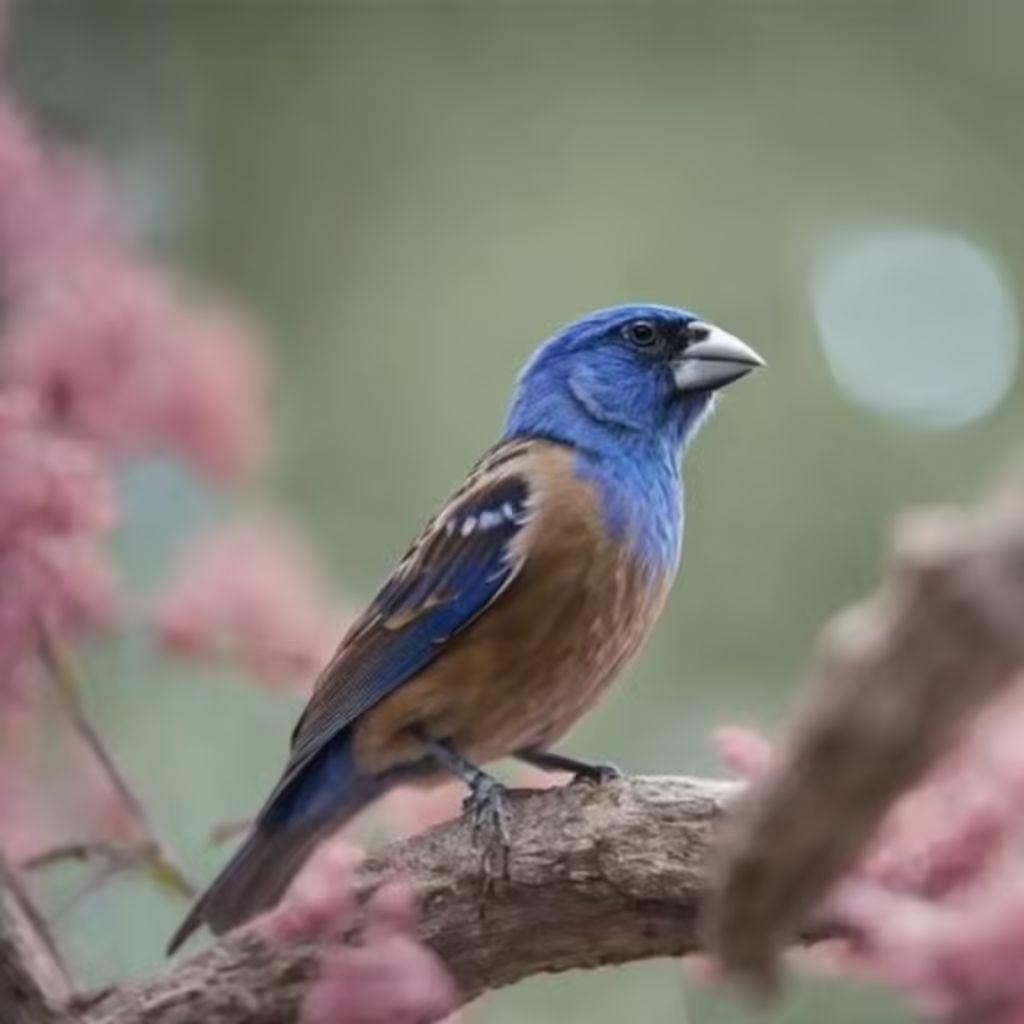
Interesting Night Vision Adaptations in Birds
1. Oilbirds: These South American birds use echolocation, like bats, to navigate in complete darkness.
2. Common Poorwill: This bird can enter a state of torpor, lowering its body temperature and metabolism to conserve energy during cold nights.
3. Great Horned Owl: Their eyes are so large that they’re fixed in their sockets, but they can rotate their heads up to 270 degrees to look around.
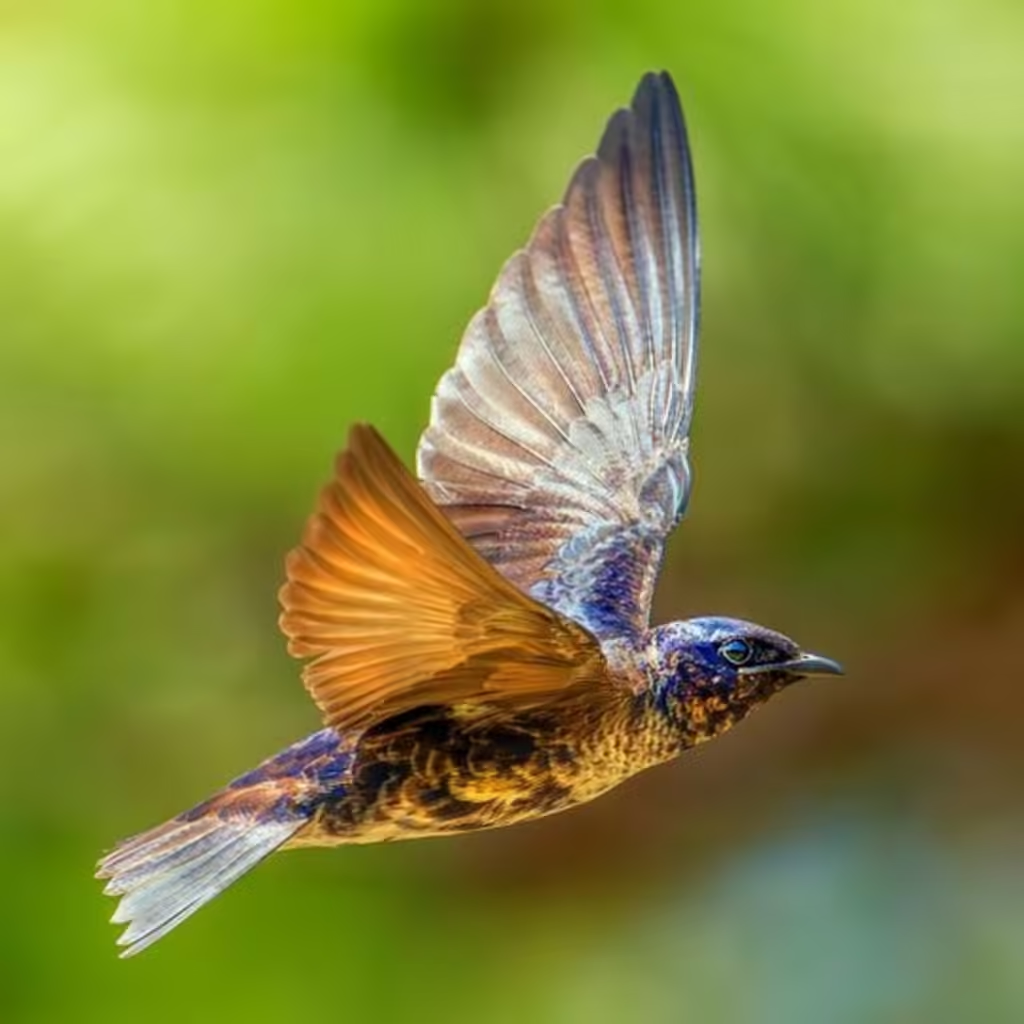
Impact of Artificial Light on Birds
As humans light up the night, it affects birds in various ways:
1. Disrupted migration: Artificial light can confuse migrating birds, leading them off course.
2. Changed behavior: Some diurnal birds may become more active at night in well-lit urban areas.
3. Breeding patterns: Artificial light can alter breeding behaviors and timing in some species.
Also Read: Can Birds Eat Dates?

Conclusion – Do birds see at night?
So, do birds see at night? The answer depends on the species. While most diurnal birds have limited night vision and prefer to rest after dark, nocturnal birds have evolved remarkable adaptations to navigate and hunt in low-light conditions. However, even these night specialists don’t see in complete darkness and rely on a combination of specially adapted vision and other heightened senses to thrive in the nighttime world.
Understanding the varied visual capabilities of birds not only satisfies our curiosity but also highlights the importance of preserving natural habitats and reducing light pollution. By doing so, we can ensure that both day-loving and night-dwelling birds continue to flourish in their respective niches.
Pingback: Do Birds Have Good Eyesight and Hearing?